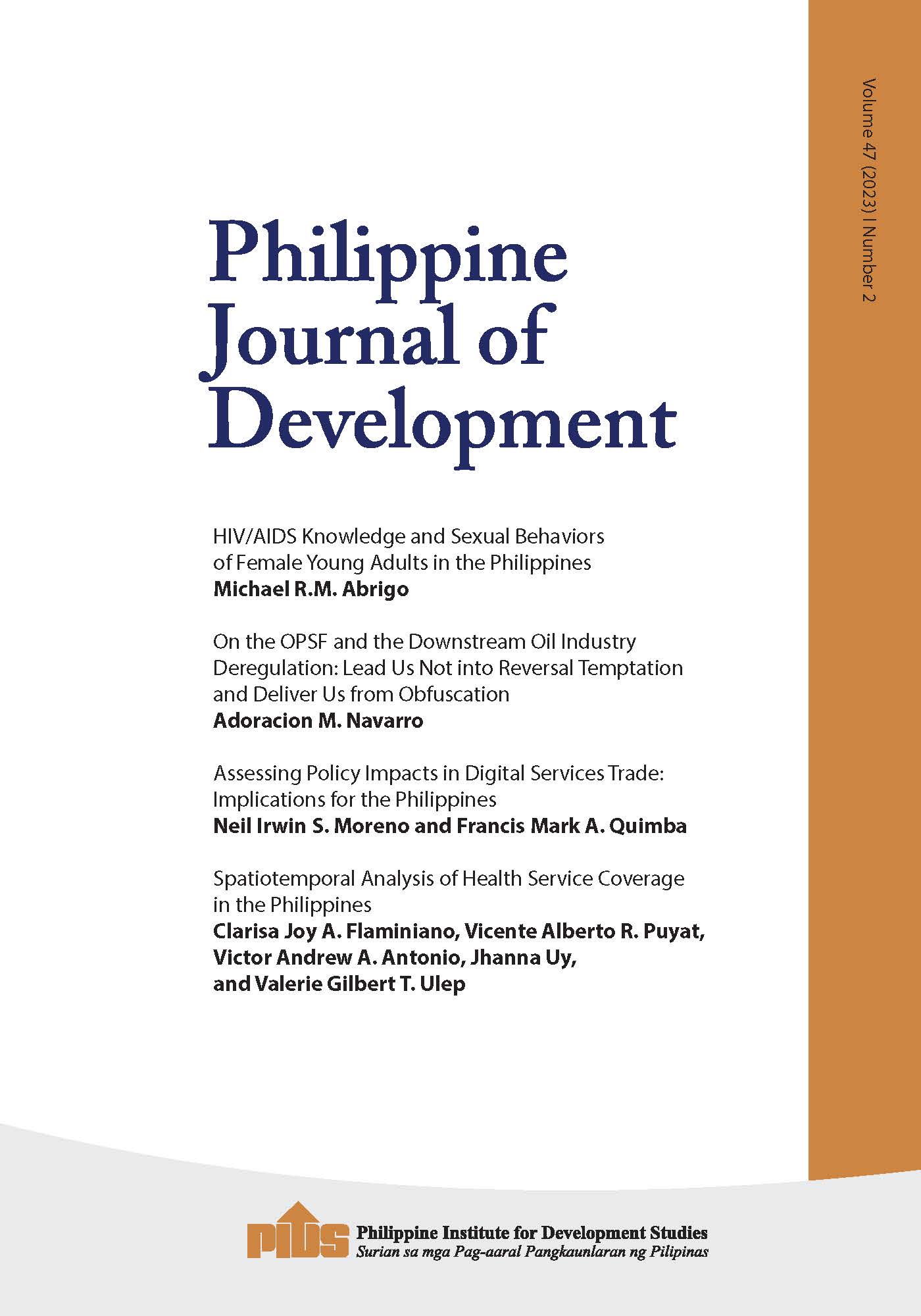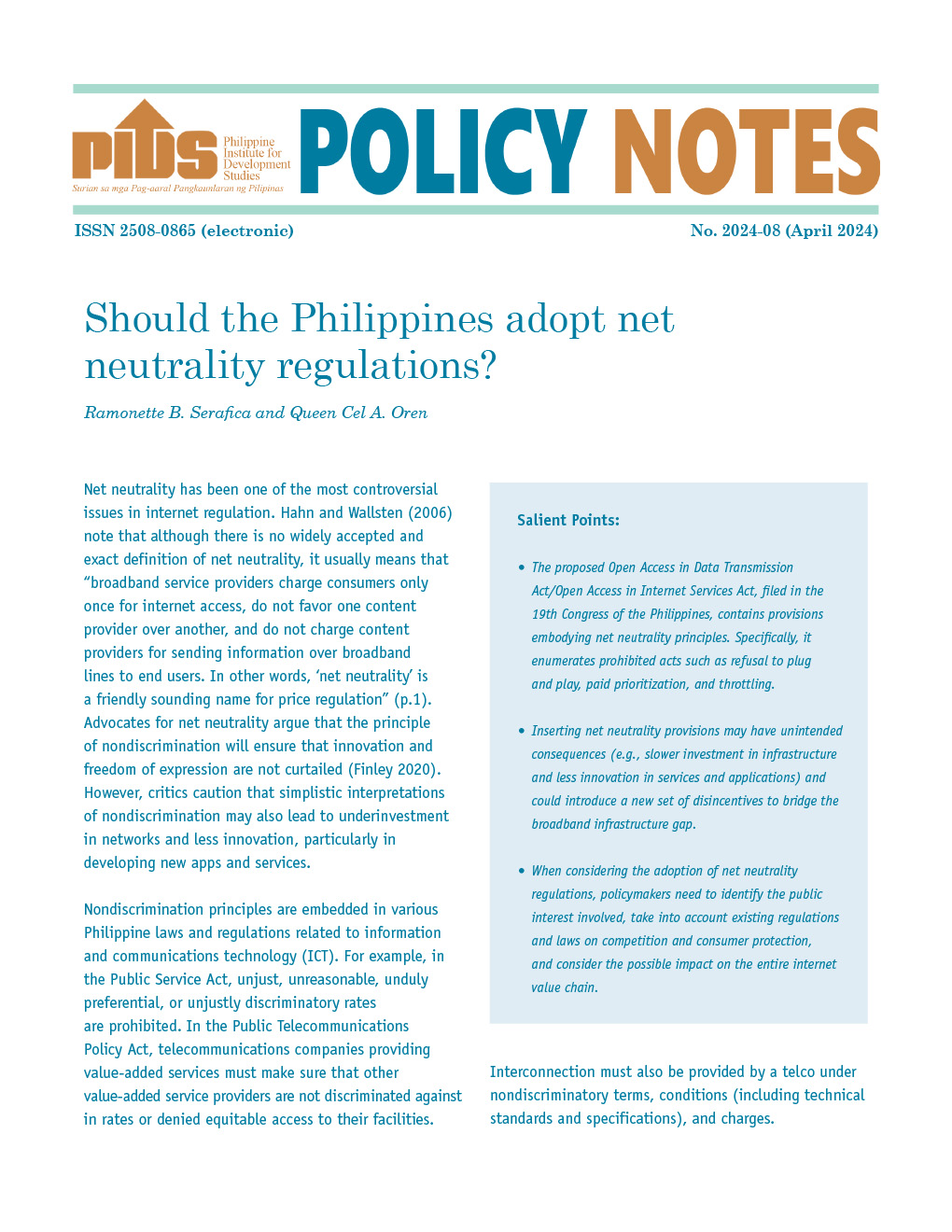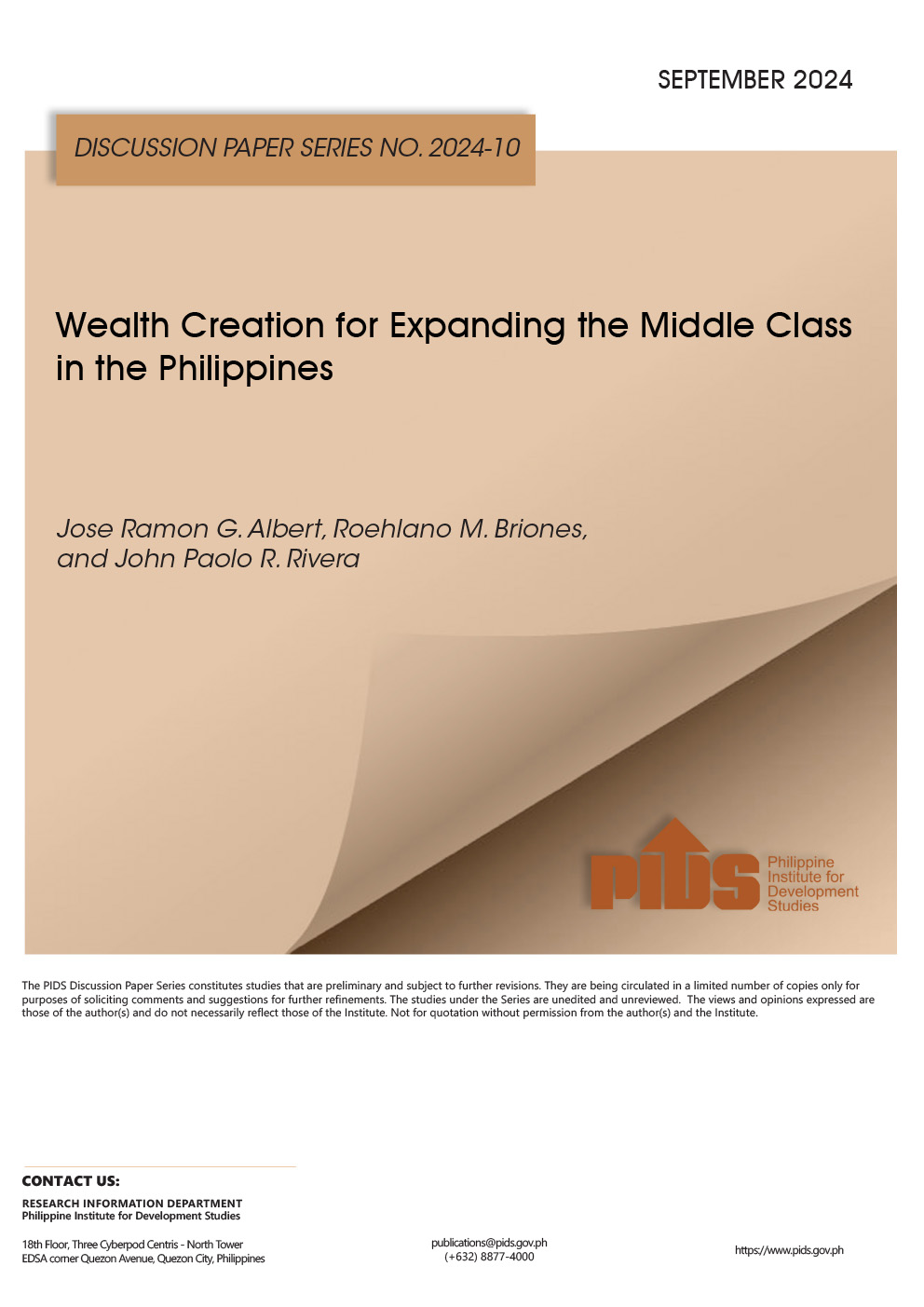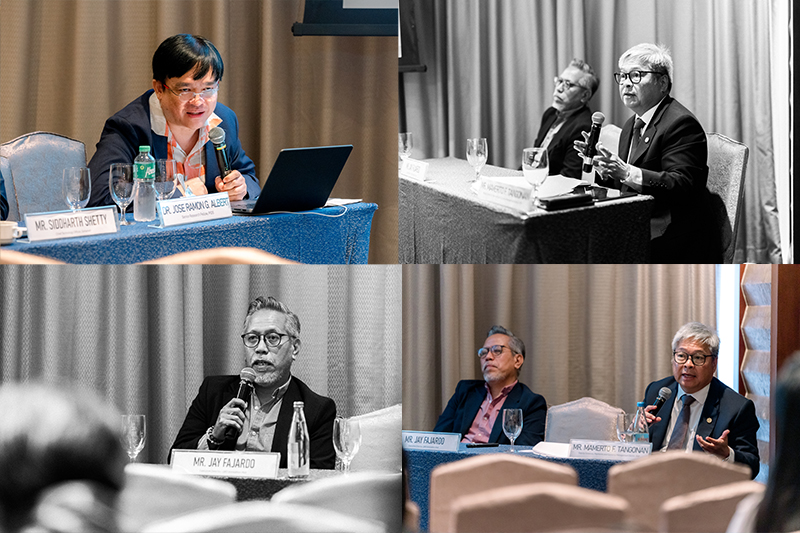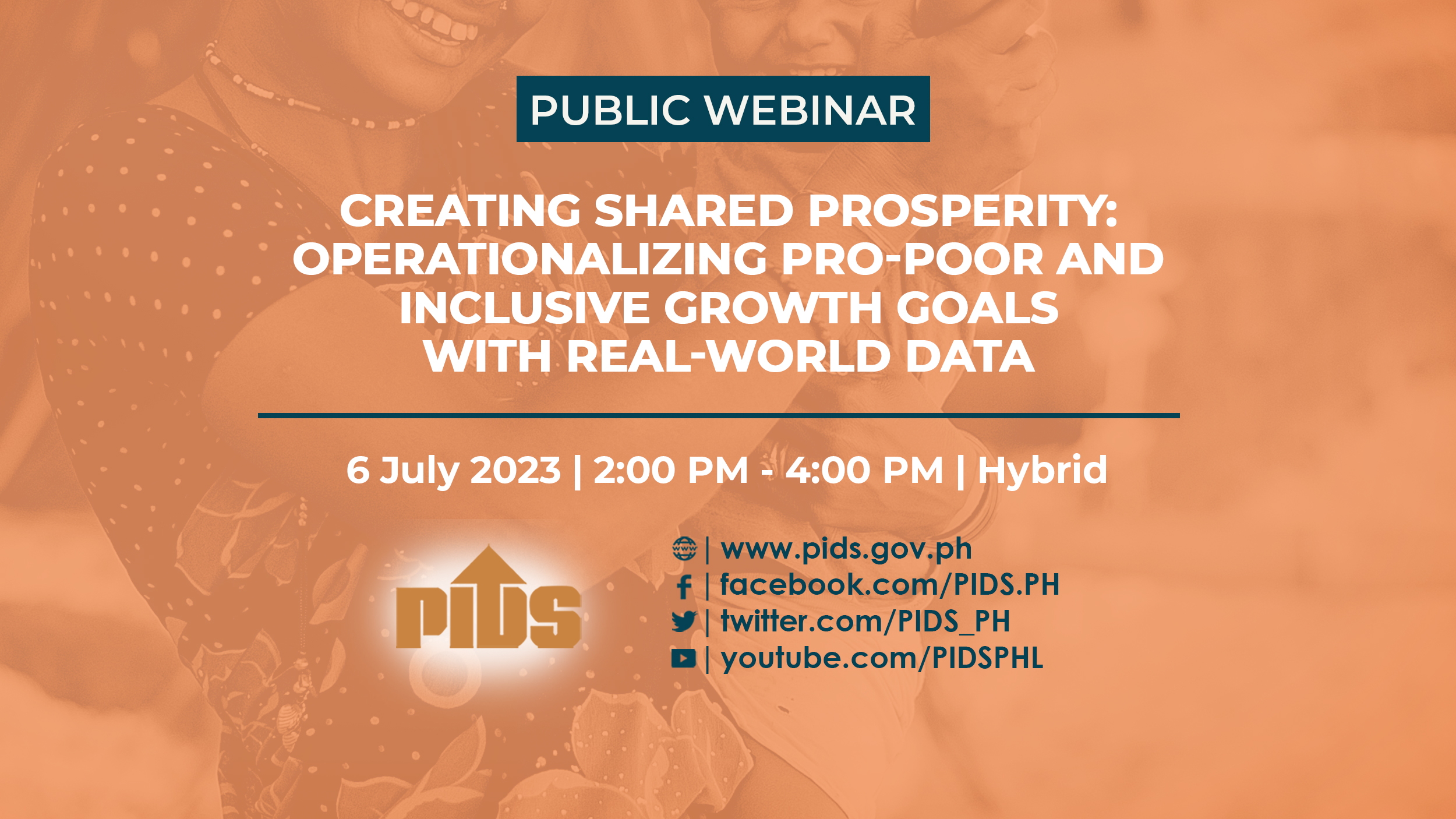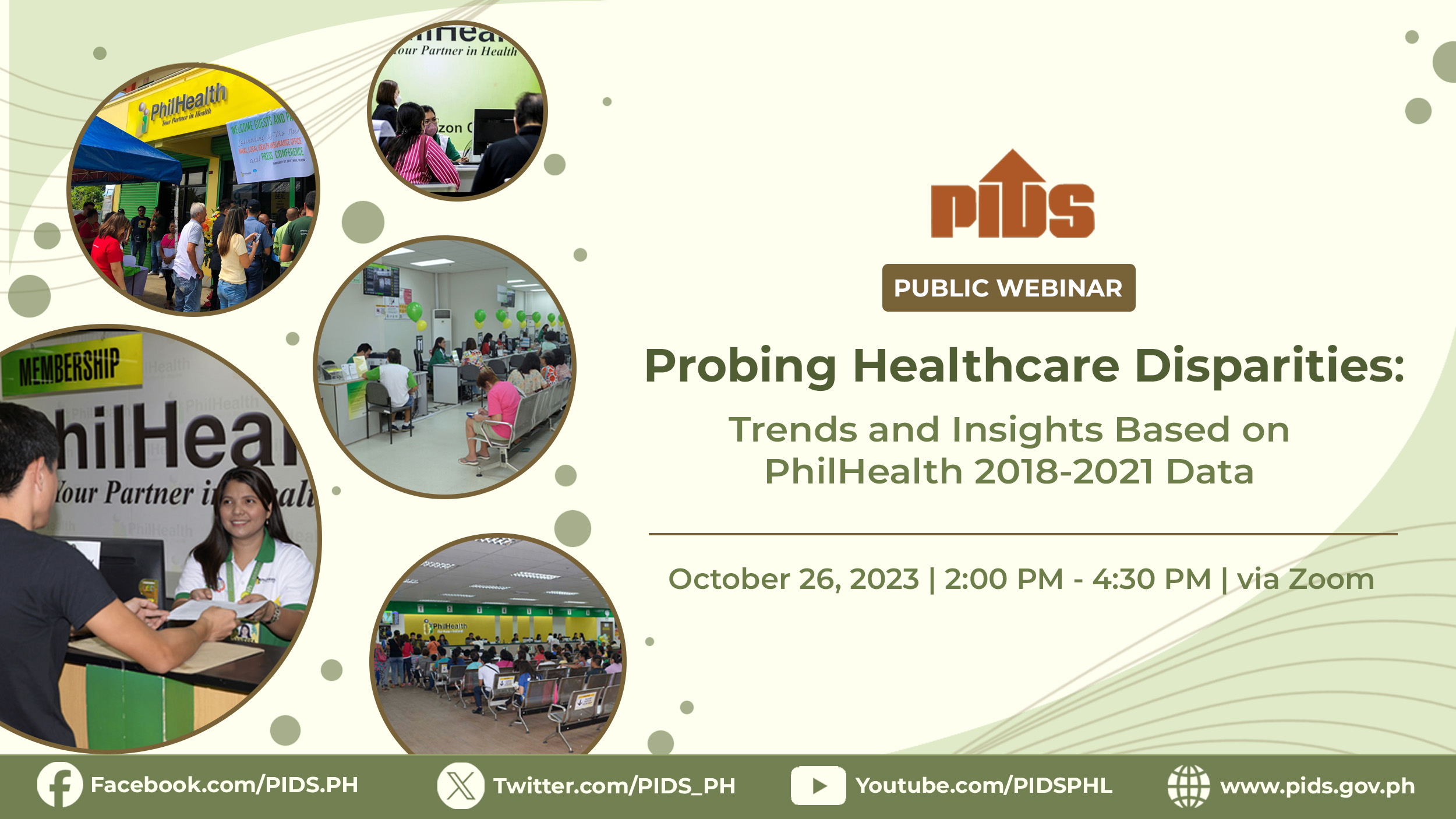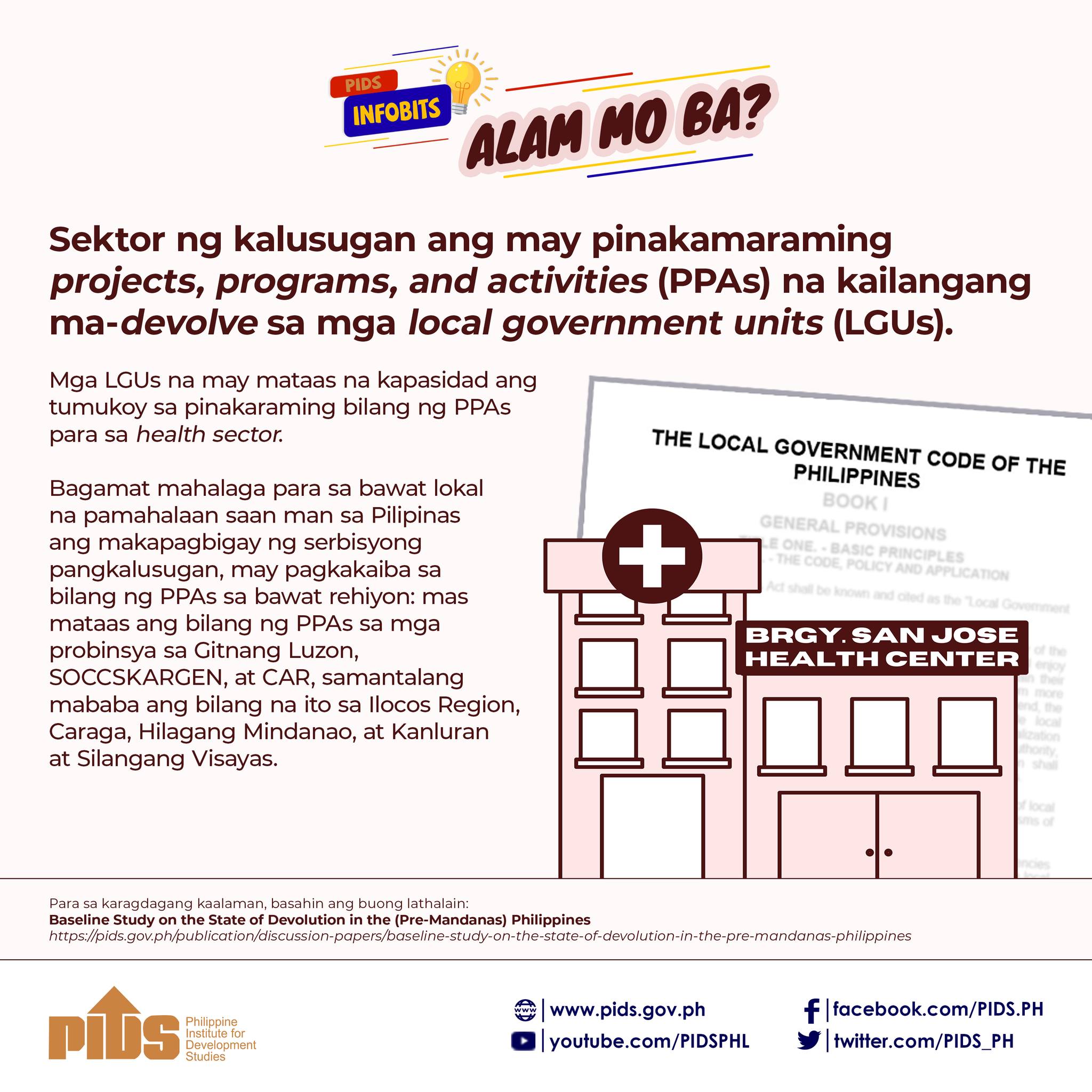The distribution of social amelioration benefit to 18 million low income families is problematic because the Department of Social Welfare and Development (DSWD) did not consider the local government’s data on families in need of the government aid, Bohol governor Arthur Yap said Wednesday.
Yap was referring to the cash grant worth P5,000 to P8,000 per region, depending on the region's minimum wage rate, for each of the 18 million low-income families affected by the work stoppage as a result of the quarantine measures imposed amid the COVID-19 pandemic.
“The implementation leaves much to be desired. Ang problema, the list that they used is from a 2015 Philippine Statistics Authority survey. That is half a decade ago already, kaya meron talagang mga hindi maisasama. Here in Bohol, mga 67 percent lang ang mabibigyan sa mga dapat mabigyan. How do you tell the rest bakit hindi sila kasali eh magkapitbahay lang sila nung mga nakakuha?,” Yap said during the LIDO forum.
“Ang daming nangangailangan, lalo na turismo ang driver ng ekonomiya rito. May mass transport nga, eh wala namang sumasakay, kaya ang laki talaga ng pangangailangan,” Yap added.
Yap said he distribution of the amelioration aid would have gone smoothly if the DSWD collated updated data from LGUs first before determining the number of recipients per region, province, city or municipality.
“Every three years, may eleksiyon po, kaya nariyan po ang data na ‘yan sa LGUs. Nariyan rin po ang data sa LGUs kasi ginagamit po nila iyan pang monitor ng implementation of government programs,” Yap said.
“If we have been consulted very early, then we could have given an opinion on proper targeting of beneficiaries, as well as information dissemination kung sino dapat makakuha. Eh hindi po ganun ang nangyari. Paspas po, kaya marami po talagang problema sa implementation,” Yap added.
Based on DSWD records as of April 28, only 26% of low income families outside of the 4Ps program in Region 7 where Bohol belongs have received their amelioration benefit.
Under the DSWD Omnibus Guidelines, families were excluded from receiving amelioration aid if any of their members were:
According to a 2018 study by the Philippine Institute for Development Studies (PIDS) which serves as the government's primary socio-economic policy think tank, 58% of the Philippine population belong to the lower-income class or those whose monthly income is P19,000 and below. — RSJ, GMA News
Yap was referring to the cash grant worth P5,000 to P8,000 per region, depending on the region's minimum wage rate, for each of the 18 million low-income families affected by the work stoppage as a result of the quarantine measures imposed amid the COVID-19 pandemic.
“The implementation leaves much to be desired. Ang problema, the list that they used is from a 2015 Philippine Statistics Authority survey. That is half a decade ago already, kaya meron talagang mga hindi maisasama. Here in Bohol, mga 67 percent lang ang mabibigyan sa mga dapat mabigyan. How do you tell the rest bakit hindi sila kasali eh magkapitbahay lang sila nung mga nakakuha?,” Yap said during the LIDO forum.
“Ang daming nangangailangan, lalo na turismo ang driver ng ekonomiya rito. May mass transport nga, eh wala namang sumasakay, kaya ang laki talaga ng pangangailangan,” Yap added.
Yap said he distribution of the amelioration aid would have gone smoothly if the DSWD collated updated data from LGUs first before determining the number of recipients per region, province, city or municipality.
“Every three years, may eleksiyon po, kaya nariyan po ang data na ‘yan sa LGUs. Nariyan rin po ang data sa LGUs kasi ginagamit po nila iyan pang monitor ng implementation of government programs,” Yap said.
“If we have been consulted very early, then we could have given an opinion on proper targeting of beneficiaries, as well as information dissemination kung sino dapat makakuha. Eh hindi po ganun ang nangyari. Paspas po, kaya marami po talagang problema sa implementation,” Yap added.
Based on DSWD records as of April 28, only 26% of low income families outside of the 4Ps program in Region 7 where Bohol belongs have received their amelioration benefit.
Under the DSWD Omnibus Guidelines, families were excluded from receiving amelioration aid if any of their members were:
- elected and appointed government officials such as permanent, contractual, casual, coterminous or personnel contracted (under Memorandum of Agreement, Cost of Service, Job Order, and other similar arrangement/s) in any National Government Agency, Government-Owned and Controlled Corporation, Local Government Unit, and GOCC with original charter;
- employees in the private sector, or those in the formal economy, including those who are employees of GOCC without original charters, regardless of the existence of employee-employer relationship, and regardless of the fact that they are receiving salary or wage; retired individuals who are receiving a pension; and
- families with independent financial capacity consistent with the intent of Bayanihan law to provide assistance to low-income families.
According to a 2018 study by the Philippine Institute for Development Studies (PIDS) which serves as the government's primary socio-economic policy think tank, 58% of the Philippine population belong to the lower-income class or those whose monthly income is P19,000 and below. — RSJ, GMA News

